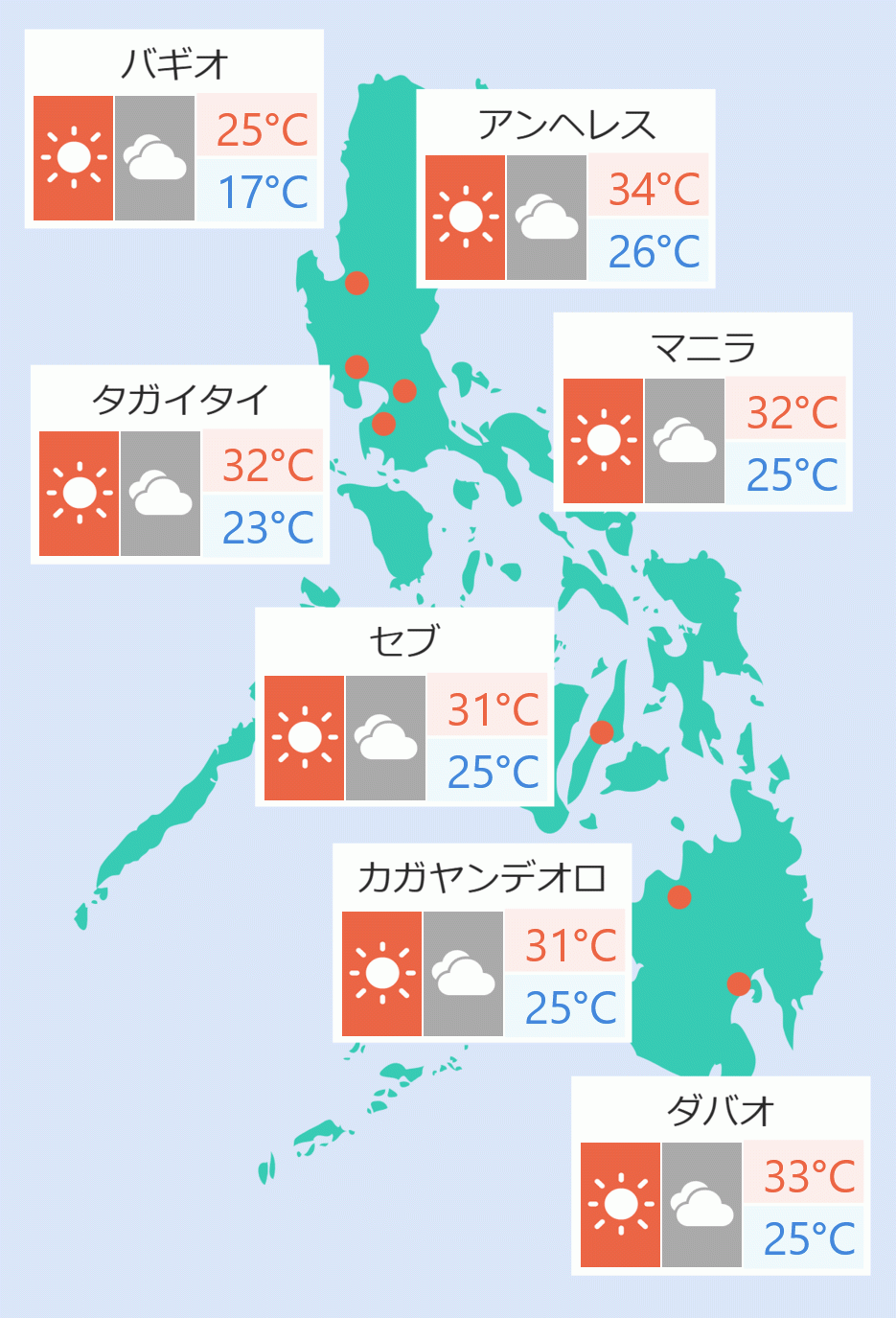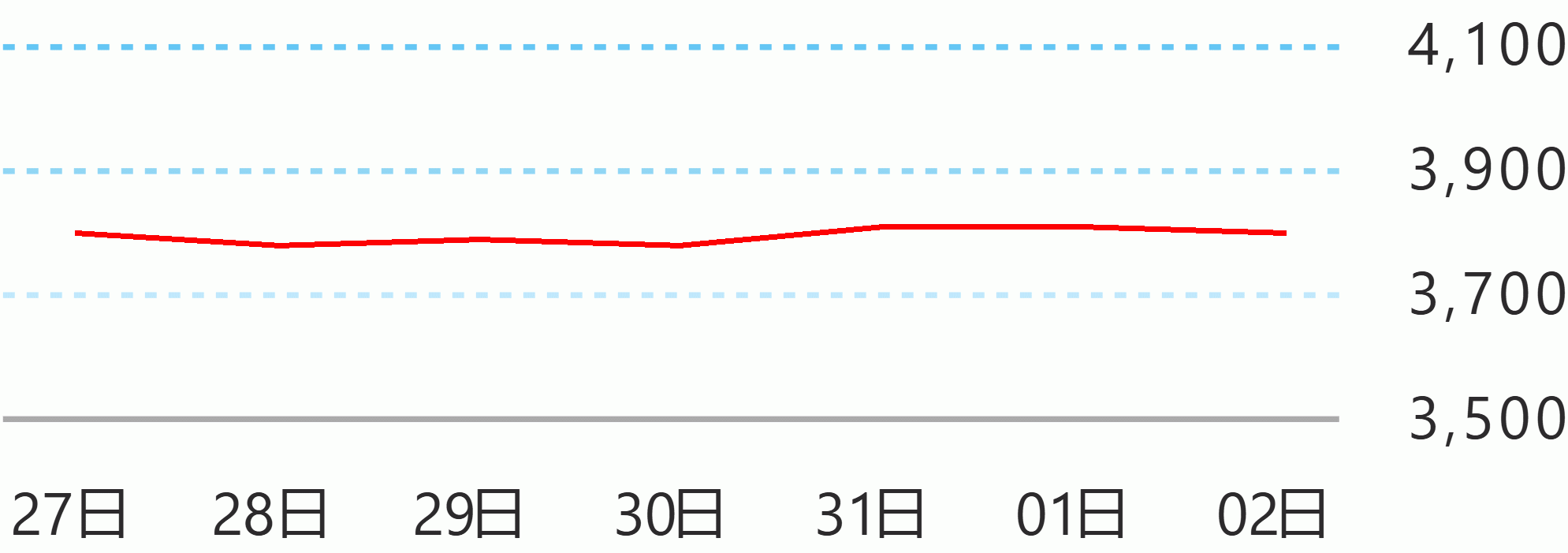The government will enforce a law on immunization in light of a measles outbreak in the National Capital Region, Central Luzon, Calabarzon, and Central and Western Visayas, said Cabinet Secretary Karlo Nograles on Saturday.
In a statement, Nograles said the Department of Health will exert efforts to implement the Republic Act 10152 or the Mandatory Infants and Children Health Immunization Act of 2011 to control the increasing measles cases in the country.
"The Duterte administration recognizes that this is a public health issue that needs to be urgently addressed, which is why we are focused on ensuring that the provisions of RA 10152 are properly implemented," Nograles said.
Section 3 of the law said the government is required to supply immunization “for free at any government hospital or health center to infants and children up to five years of age.”
Mandatory basic immunization for infants and children will cover measles and vaccine-preventable diseases including tuberculosis, diptheria, tetanus and pertussis, poliomyelitis, mumps, rubella or German measles, hepatitis-B and H. influenza type B (HIB).
Nograles said directives for DOH to improve the information drive is "the only way to address the current measles outbreak, abate its spread in more areas, and prevent the occurrence of another one in the future.”
He also cited Section four of the law which states that “the DOH, other government agencies, non government organizations, professional and academic societies, and local government units shall make available appropriate information materials and shall have a system of its distribution to the public."
"It is clear in the law that we need to mobilize the entire government machinery, as well as our partners in the health sector, to inform the public that immunization is provided for free by the government, that it is safe, and that this is needed to protect the lives and health of children all over the country,” the cabinet official added.
But Nograles explained that the government cannot force parents to vaccinate their children, nor implement punishment for not complying to DOH's call to immunize the children.
“RA 10152 does not have any penal provisions and does not punish parents who do not have their children vaccinated, unlike the PD (presidential decree) it replaced. Under PD 996, it was the duty of parents or those having custody of the child to see to it that the child is immunized. Those who did not could be punished with a 200-peso fine or one month imprisonment,” Nograles clarified.
He earlier said that in addressing the measles outbreak, there is no need to "go to extreme measures."
He believes that the government, especially the DOH and local government units, just needed to up their information drive to encourage the public to get proper vaccination. Cristina Eloisa Baclig/DMS





 English
English










